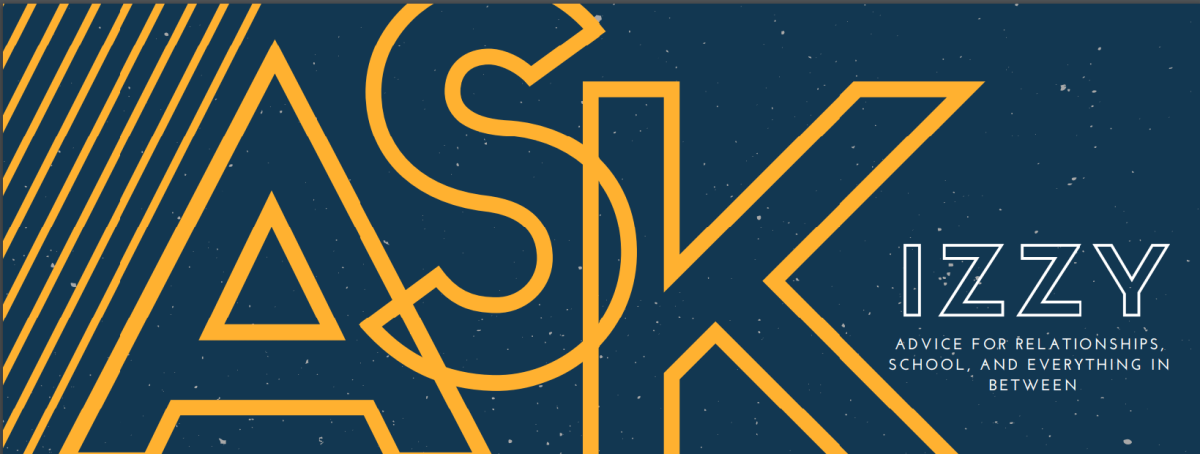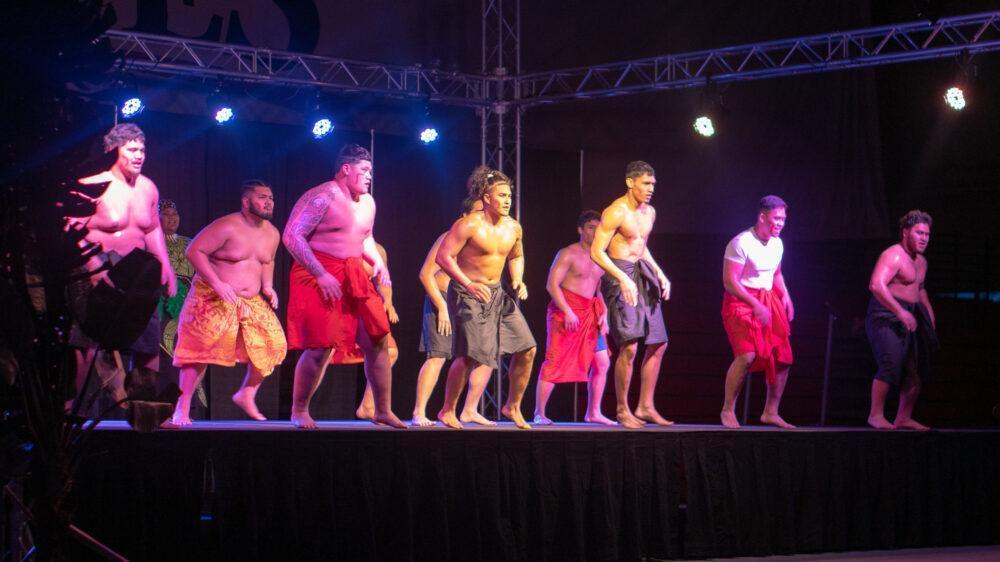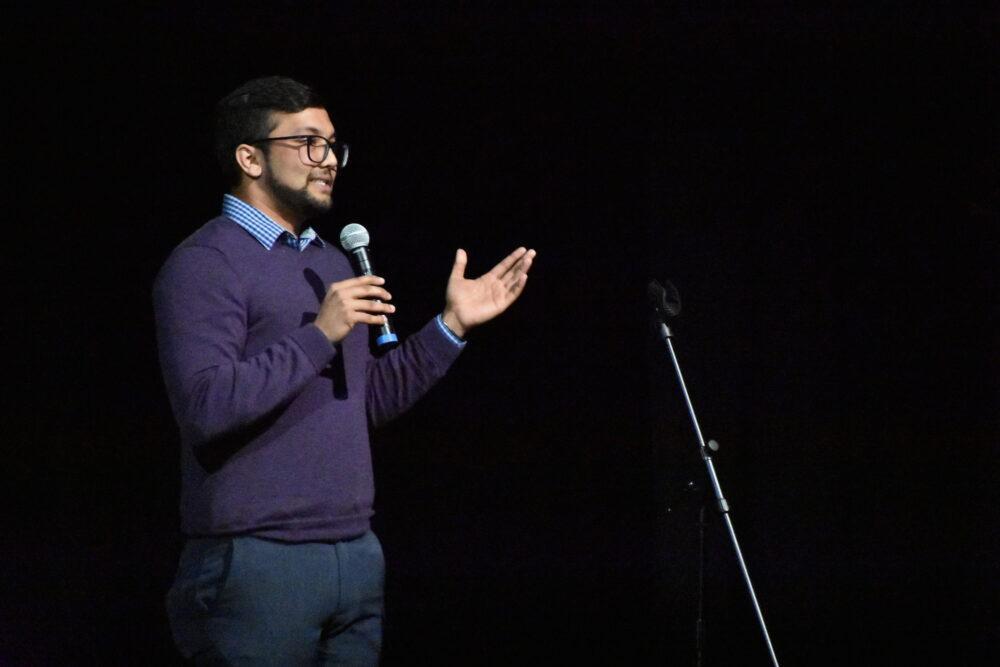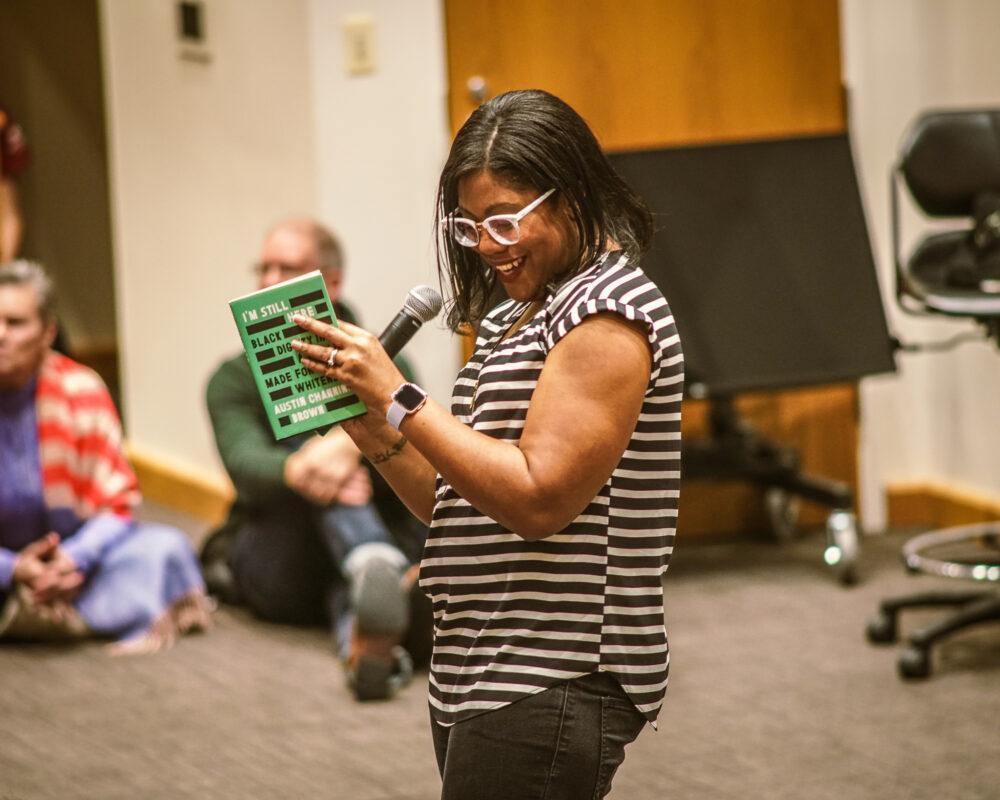This fall’s incoming first-years are historically not only Whitworth’s largest, but also its most diverse class.
Of the 717 students of this year’s incoming class, underrepresented racial and ethnic backgrounds make up 34 percent. This puts all of undergraduate enrollment of ethnic minorities at a high of 27.3 percent. Additionally, 33.5 percent are incoming first-generation students and 4 percent are incoming international students.
A diverse community is central to Whitworth’s mission, said Nicholas Vasiloff, director of the International Education Center.
“Our communities, our workplaces, our country, and our world is diverse,” Vasiloff said. “As an institution of higher education, we seek to prepare students for success in myriad facets of their lives, and if we do not provide them with engagement with diversity and relevant issues of diversity and equity, then we are failing in that mission.”
The International Education Center is part of the recruitment process of international and exchange students. Vasiloff called it an “United Nations-like model” where they seek out students from varied parts of the globe, rather than a large group of students from a select few countries.
“When I heard that this year’s incoming class was the most diverse it’s ever been, I felt really happy and joyful to be a part of it,” said Bishesh Tuladhar, a first-year international student from Nepal.
Tuladhar said he appreciates how welcoming the Whitworth campus has been.
“People ask me about my culture and they want to listen,” he said. “All my professors are very considerate and understanding.”
Several student life programs like Acts 6, BUCS Bridge and International Pre-Orientation help students from underrepresented groups learn to navigate higher education and provide resources for success before school starts.
“The biggest thing that helped my transition was the international pre-orientation program,” said Tsemelg Kherlenbayar, a first-year international student from Mongolia. “It was really helpful with familiarizing and preparing myself for the American culture and people.”
Whitworth also provides follow-up support throughout the school year. BUCS mentoring, International Club, the International Education Center and cultural diversity advocates are available to students during their continual transition and adjustment to university.
Kherlenbayar said faculty, resident assistants and cultural diversity advocates are part of the reason his transition to Whitworth has been so smooth.
With undergraduate ethnic minorities and international students continually on the rise, students have increasing opportunities to interact and engage with others from a variety of different backgrounds. Whitworth’s commitment to a diverse community reflects on our culturally diverse and globally connected world.










